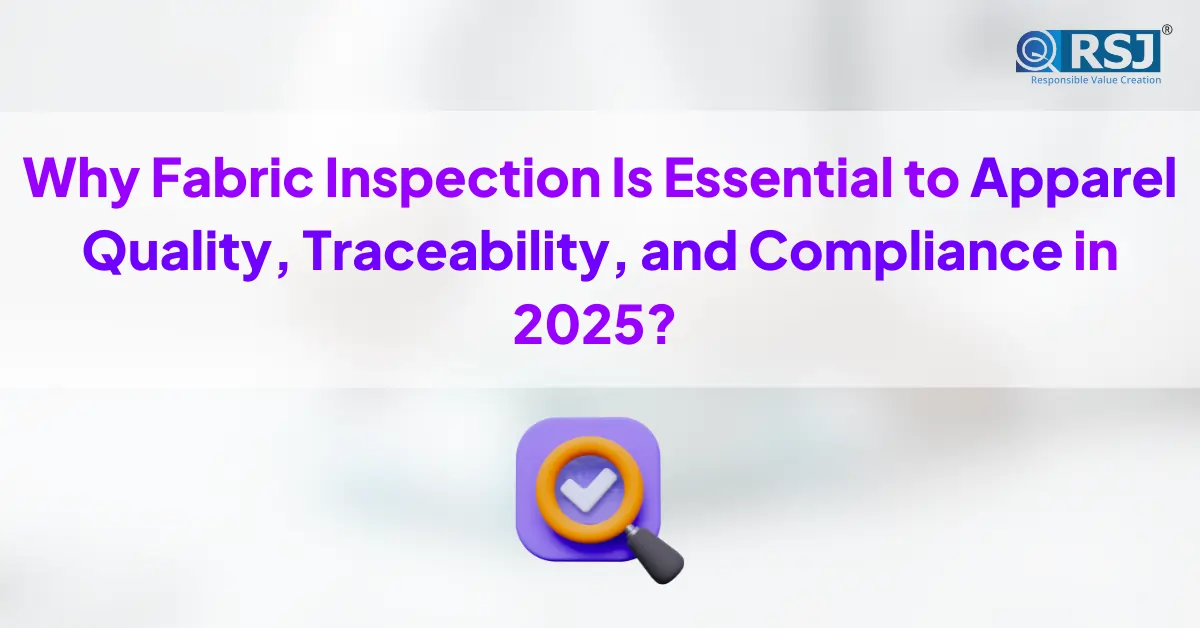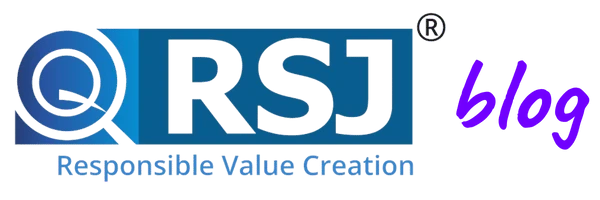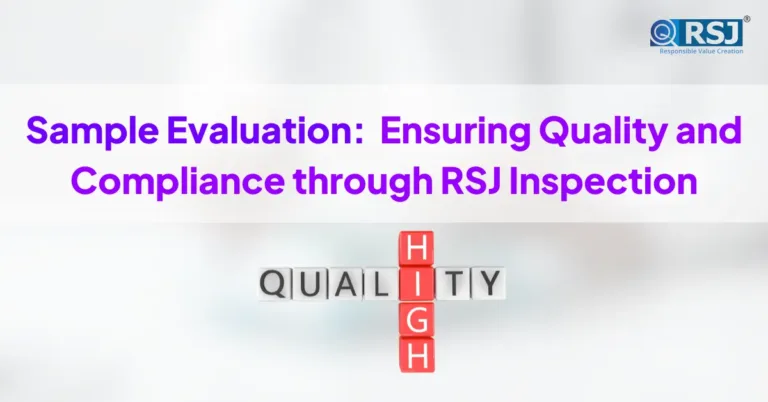Why Fabric Inspection Is Essential to Apparel Quality, Traceability, and Compliance in 2025?

In today’s apparel industry, it is not the big things that break supply chains — it is the small ones.
A faint shade difference. A missed snag. A tiny weave defect that does not show up until it is too late. Those details can derail entire orders, damage buyer confidence, and trigger chargebacks.
Fabric inspection used to be routine — a back-end box to tick before cutting.
Not anymore. In 2025, it is a strategic tool for traceability, ESG alignment, and supply chain resilience.
One Missed Flaw = One Big Problem
You have seen it: a shipment arrives with subtle shade inconsistencies. No one flags it. The rolls are cut, sewn, packed. Then comes the buyer’s QC — under showroom lighting. The problem jumps out instantly.
Result? Goods rejected. Deadlines missed. Margins wiped out. And teams scrambling to explain what went wrong. This is not rare. It is what happens when quality is assumed — not verified.
The 4-Point System: Still Standard, Now Strategic
The 4-point system remains the global benchmark — grading fabric defects based on size and severity. But what used to be a pass/fail metric is now a strategic control point.
It gives brands visibility, mills credibility, and partners peace of mind — before the first cut is made.
Why Fabric Inspection Is not Optional Anymore
1. Traceability Is not a Nice-to-Have — It’s Expected
Buyers, regulators, and even investors are asking: Where did this fabric come from? Who managed it — and was it properly checked?
Inspection, when properly documented, creates a verifiable trail that shows your inputs were checked — and met standards — before they became liabilities.
In a world of due diligence, transparency, and port holds, that trail is not just helpful — it is essential.
2. ESG Starts With What You Catch — Not Just What You Say
Everyone talks about sustainability. The real question is: what actions back it up?
Fabric inspection reduces waste — in raw materials, labour, and energy — by catching defects before production starts. It also reduces overproduction and supports fairer, more predictable supplier relationships.
Waste avoided is often more powerful than waste recycled. And that’s exactly what ESG – focused stakeholders want to see.
3. Inspection Data = Operational Intelligence
Every inspection creates a data point. Over time, those points become a map:
- Which mills produce consistent quality?
- What issues trend by fabric type or region
- Where your supply chain is leaking time or margin
Smart sourcing teams use inspection data not just to react — but to plan better, negotiate better, and respond faster when something shifts.
4. It Aligns Everyone — Before Mistakes Happen
Fabric inspection is not just a filter — it is a conversation starter. When buyers, suppliers, and production teams share inspection insights early, they prevent misalignment before it snowballs into rework, delays, or finger-pointing.
It also sends a clear signal: quality is not left to chance — it is actively managed from the first roll onward. That creates confidence long before a shipment goes out the door.
Start Where It Matters — With the Roll
It is tempting to focus on speed: faster launches, tighter calendars, compressed lead times.
But none of that matters if the fabric is not right.
Fabric inspection is not a bottleneck. It is a safeguard. For quality; For compliance; For visibility; For ESG credibility. It gives your team the confidence to move fast — because you have already caught what could’ve gone wrong.
In a supply chain where every step is under the spotlight, inspection is not just smart.
It is a competitive edge.
Fabric inspection is not overhead — it is a quality investment for consistency, credibility, and for the supply chain trust your business is built on.
Want to make fabric inspection part of your smarter sourcing strategy?
- Or get in touch with us ; let’s explore how to build a more resilient, transparent fabric approval process from the first roll onward.

We are One Click Away!
Contact us today to save your time and improve your product quality with RSJ Inspection Service!



